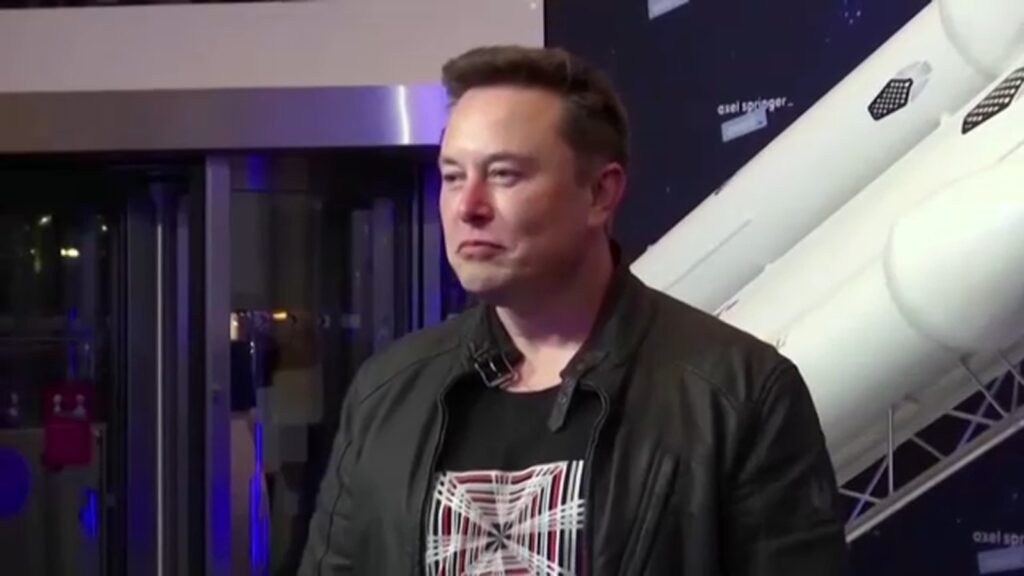
Elon Musk’s Impact on Federal IT Restructuring: A Deeper Dive
Elon Musk is a name that most of us recognize. Whether it’s Tesla cars zooming by, SpaceX rockets launching into the sky, or his recent ventures into artificial intelligence, Musk is a figure that’s always making headlines. But did you know that he’s also making waves in the world of government technology? That’s right! Musk’s influence is reaching the federal Technology Transformation Services (TTS) unit, stirring up a mix of excitement and anxiety among government tech employees. Today, we’re diving into the complex changes happening in federal IT operations and why they matter to us.
What Is the Technology Transformation Services (TTS)?
First, let’s break down what TTS actually does. Established as part of the General Services Administration, TTS is aimed at helping various federal agencies use technology more effectively. Think of them as tech-savvy consultants who help government workers adopt the latest digital tools so they can deliver services more efficiently to citizens. Their work includes everything from improving websites to ensuring that federal agencies can securely store and analyze data. TTS plays a critical role in making sure the government runs smoothly in today’s digital age.
The Rising Tide of Change Under Musk
With Musk’s keen interest in technology and innovation, it makes sense that he’d want to reshape how federal technology agencies operate. However, some changes have sparked controversy among employees. Recently, Musk’s allies have begun taking charge of the TTS unit, leading to what many see as a disruption in the workplace. One of the most contentious issues is the way leadership is assessing staff competencies and loyalties. Instead of an open dialogue about employees’ skills and contributions, there’s a whisper of secret evaluations and potential layoffs. This creates an atmosphere of uncertainty and fear, causing employees to wonder about their future.
Imagine going to work every day and feeling like your job could be on the line, not because of your performance but because of who you know or where your loyalties lie. This environment can create a sense of chaos and lead to demoralization among staff, which is counterproductive to the mission of TTS. Because when employees are anxious, they’re not giving their best effort, and ultimately, it’s the citizens who rely on the services that may suffer as a result.
The Role of Director Thomas Shedd
During a recent meeting, TTS director Thomas Shedd attempted to reassure staff about their roles and the importance of their work. His emphasis on their value as versatile problem-solvers is critical, as employees create the backbone of any organization. Problem-solving is not only a skill; it’s an art. Musk himself thrives on solving complicated issues—whether it’s reducing the carbon footprint of vehicles or figuring out how to send humans to Mars. It’s essential, then, for Shedd to inspire confidence in his team so they can channel their creativity and knowledge into finding innovative solutions.
Shedd’s optimism is commendable, but as questions loom over the restructuring of the unit, employees feel caught in a whirlwind of confusion. Instead of a clear path forward, many see themselves navigating through fog. And when the fog is thick, it’s easy to trip over something you don’t see coming.
The Push for Cost Reductions
One of the driving forces behind Musk’s changes in TTS is the ambition to cut $1 trillion from federal spending. This goal is as massive as it sounds, and while savings are essential for any organization (especially in times of financial scrutiny), it raises the question: at what cost? Cost-cutting often leads to job losses and the elimination of programs seen as non-essential.
Musk’s approach seems to revolve around running the government like a business, and while efficiency is key in both spheres, they don’t always play by the same rules. In the corporate world, rapid transformations can be accepted, if not expected, but public servants often withstand decades of tried-and-true practices. Employees thrive on stability and knowing where they stand, so the friction between these two worlds is palpable.
The Emergence of CivicTechStrong
In response to these intimidating changes, a new labor organizing group called CivicTechStrong has emerged. This group advocates for workers’ rights amid rising uncertainty. Many employees feel empowered by the idea of standing together and voicing their concerns. After all, there’s strength in numbers! CivicTechStrong aims to ensure that employees feel safe and supported during this turbulent time. By fostering a sense of community, they offer a platform for workers to share their experiences and push back against what they see as potential overreach from the new administration.
While standing up for workers’ rights is absolutely crucial, one must wonder: will it be enough to make a meaningful difference? Or will Musk’s corporate-style management ultimately outpace the collective bargaining power of the group? In the age of social media, where movements can gain traction overnight, it’s fascinating to think about how activism in the workplace can shape the future.
Civil Service and Governance: A Delicate Balance
As these transformations unfold, a larger conversation about the implications for civil service and governance arises. The public sector has a unique responsibility to serve the people. It’s about more than profits and efficiency—it’s about accountability, transparency, and trust. As we see tech-heavy leaders like Musk stepping into government roles, the lines can blur. His tech-driven vision is exciting, but it also raises ethical questions about oversight and responsibility.
How will citizens feel if they perceive their government as overly influenced by the whims of a single person, no matter how knowledgeable? Shouldn’t the focus of government be on serving the collective good rather than following a business model? These are essential questions that everyone—whether a federal employee or a citizen—needs to think about.
The Path Ahead
Musk’s influence on federal IT operations represents a significant shift that could reshape the government landscape for years to come. The TTS and its employees have an essential role in this evolution. Whether or not they can successfully navigate through the uncertainty and come out stronger on the other side remains to be seen. The road will undoubtedly be bumpy, but the outcomes could define how our government utilizes technology for generations.
As we watch this story unfold, we should not simply be passive observers. With the rapid pace of change, it’s crucial to stay informed, engage in discussions, and think critically about these transformations. How do we want our government to look moving forward?
Your Turn
Now that we’ve gone through these thought-provoking changes, what do you think? How do you feel about the role of technology in government? Are you anxious or excited about these developments? Share your thoughts in the comments! Your voice matters, and together we can explore these changes shaping our world.






